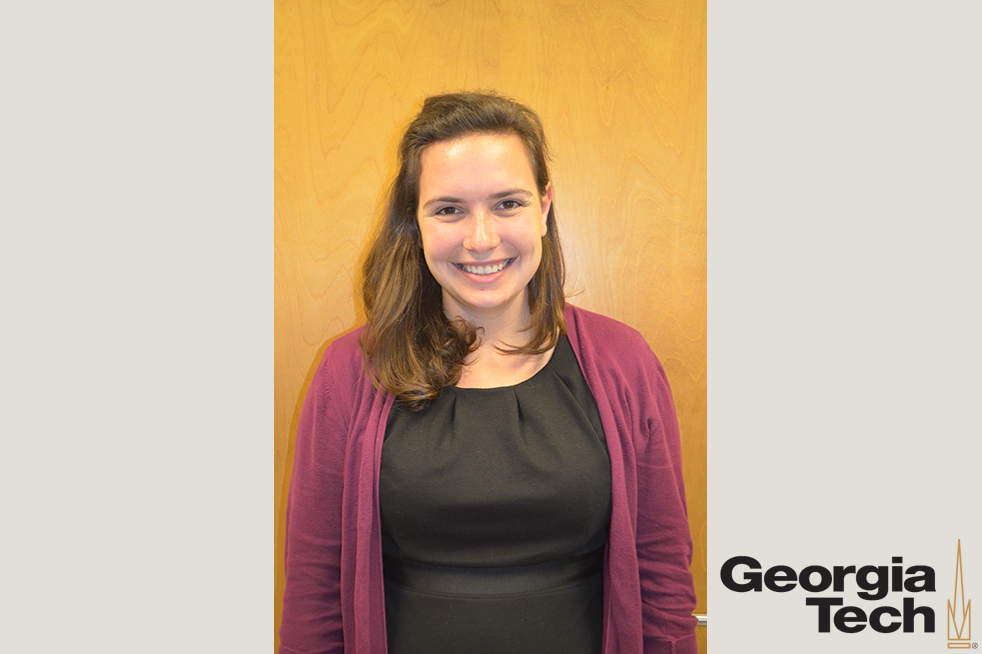January is Human Trafficking Awareness Month and marks the beginning of a year where we will continue to confront the growing refugee problem that dominated last years’ news cycle. However, missing in the news coverage is a mention of the trafficking and exploitation risk that refugees face.
As the European Union (EU) struggled with the largest number of refugees seen since World War II, their policy of open borders has been challenged and EU states have fought over their agreed upon quotas for accepting refugees. Some world leaders have called for acceptance and welcomed refugees, while others have succumbed to an unjustified fear. As we argue about accepting asylum-seekers, thousands of people are left without adequate services or the protection of a government.
The connection between trafficking and refugee populations is clear. A large group of people are fleeing their countries without resources or proper citizenship status, making them vulnerable to violence, exploitation and traffickers. Even more troubling, displaced children make up about half of this vulnerable population, according to the United Nations High Commissioner for Refugees.
This lack of legal status may be one of the most problematic issues refugees face. Refugees are often not properly identified by immigration and border protection; and, even if they are given a legal status, they often do not have the ability to work legally, making them susceptible to illegal employment situations where they are willing to accept exploitative employment for fear of being sent back to their home country. About 10 million people worldwide are defined as “stateless,” meaning they do not have a nationality at all. Traffickers can often use a victim’s lack of legal status to keep them from speaking out or seeking help from the authorities. Many refugees are left without a proper legal status (legal statuses could include repatriation, integration in their present country, or resettlement in a third country) for years, left in unsafe living conditions as they wait.
In October, Maria Grazia Giammarinaro, the UN Special Rapporteur on trafficking in persons, urged the EU to ensure that “all related policies and especially migration policies must be consistent with the priority of preventing and eradicating trafficking and exploitation.” Her statement makes clear that nations should provide a legal, protective status for refugees.
With such a large-scale, global issue, it can be difficult to find a way to get involved and affect change. To get started, here are some ideas:
Provide resources. The season of giving may be over, but there are various small donations you can make that can provide a big impact to a refugee family in need. The more we meet the needs of these individuals, the less vulnerable to exploitative circumstances they become.
Encourage acceptance. The recent rhetoric around refugees has been troubling, to say the least. Let’s get educated on the refugee experience and be compassionate towards this vulnerable
population.
Purchase conscientiously. Stay up-to-date on companies and products that have taken pledges to ensure human trafficking and labor exploitation are not part of their supply chains.
Get informed. There are multiple organizations in the Atlanta-area that work with both human trafficking and refugee services. For information on trafficking, consider youthSpark, the Southern Poverty Law Center, GeorgiaCares, and Tapestri.
For information of refugee services in Georgia, New American Pathways or Lutheran Services of Georgia are great resources.
Also, visit The International Human Trafficking Institute’s website for information, events, and ways to get involved at www.theihti.org
